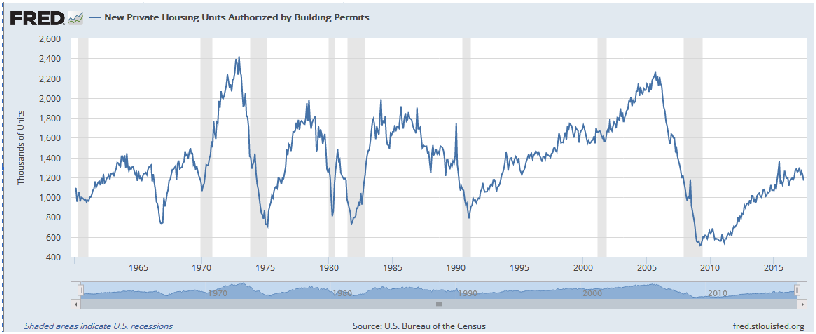Some money managers are saying that passive investing has an effect of lowering the realized volatility. Sophie Baker reported:
With the Chicago Board Options Exchange Volatility index, known as the VIX, hovering at the lower end of its 52-week trading range, these managers wonder if that isn’t a result of the increased popularity of passive investment strategies.
“The move into passive investing has created an abnormal market environment,” said Paul Price, global head of distribution for Morgan Stanley (MS) Investment Management Ltd. in London. “The rush toward low-cost, but not low-risk, investing has resulted in the stock market rising and dipping together, greatly subduing stock volatility.”
However, some money managers do not agree completely.
Eric Lascelles, chief economist in Toronto at RBC Global Asset Management Inc., said passive investments generally mean fewer parties are actively working to set the right price for various financial vehicles. “I suppose it could indirectly support the thesis that the VIX is mispriced because of too many passive investors,” Read more
Finally, as reported by Stephen Gandel, there exists a relationship between building permits and the volatility index.

... the bears, and the bulls, may be reading too much into the the drop in volatility in part because of a surprising historical contributor. That’s where a new working paper published by the National Bureau of Economic Research this month comes in. The paper looked at the Great Depression, when stock market volatility, unlike today, was spiking. That coincided with a number of boom-and-bust building cycles. Gustavo Cortes of the University of Illinois at Urbana-Champaign, one of the paper’s authors, looked at more recent data, up through May, and found that the relationship still holds — when building permits are volatile, the stock market tends to follow suit.
Recently, building permits have been relatively weak. The number issued nationwide, 1.2 million in May, has been trending down and is still way below where it was at the height of the 2000s building boom, when it peaked at 2.3 million a month. That could could make the low volatility a data point for the bears. Building permits have traditionally been seen as a leading economic indicator. Read more
ByMarketNews

No comments:
Post a Comment